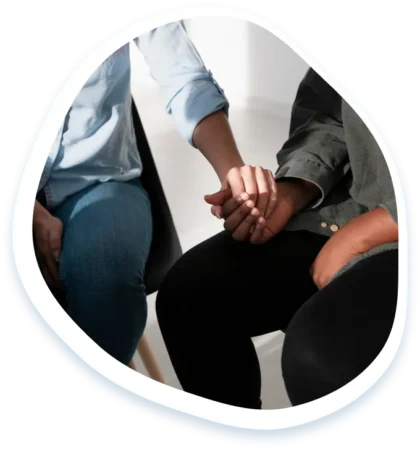
We believe addiction is a disease, not simply a weakness. People from all backgrounds, rich or poor, can develop an addiction. Addiction can happen at any age. We help you manage your addiction through medication-based treatment and counseling. We believe the combination of evidence-based medical treatment, counseling, patient education, hard work and commitment to sobriety offers the best possible opportunity for sustainable recovery from addiction. Each patient is given an individualized plan to discuss the treatment modalities that will be most effective for you.
We treat the whole person
People with addiction issues often have other mental health concerns such as anxiety, depression, stress, bipolar disorder, etc. This is called a co-morbid disorder (also known as dual diagnosis) where substance abuse and mental health issues are present together. To recover successfully from an addiction, it is crucial to treat the mental health issue(s) as well as the addiction, which is what we do at Advantage Mental Health
Medication assisted treatment
We offer buprenorphine (Suboxone), naltrexone and Vivitrol (an injectable once a month medication for the treatment of alcohol and opioid addiction) and other medications to assist you on the road to recovery.
Counseling
Addiction is a complex condition that involves more than just physical symptoms—it also affects the way you feel and how you act. To be as effective as possible, the treatment plan should include counseling and behavioral therapy. Counseling is essential to help patients change negative thinking and behaviors attributed to their addiction. With professional counseling, patients learn skills to cope with triggers, stressors, relationships, and life changes—something that no medication alone can provide. We have a Master’s Certified Addiction Professional on staff who works closely with our medication providers to provide you the best treatment possible.
Outpatient Setting; Flexible Schedule; Virtual Appointments
We understand you have work and family commitments, so we offer evening and virtual appointments. We offer a confidential, upscale setting that allows you to get the help you need.
There is hope…
and we’re here to help.

